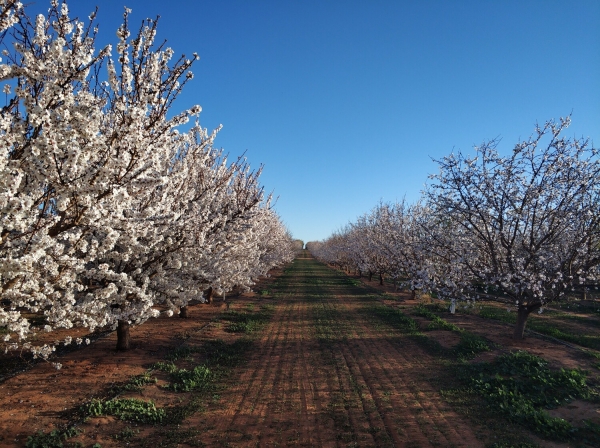Pollination by animals contributes to a third of global food production, but little research has been done into the extent to which the identity of pollinators, pollen and crop varieties influence fruit quality when it comes to the nutritional, sensory and commercial value of crops. Pollinators influence the quality of crops through their movement patterns on the plantations and through the plant variety they visit. In an article published in Trends in Plant Science, researchers from the University of Göttingen argue that the blanket promotion of pollinators has so far been too much of a priority – at the expense of plant quality, which could be improved by taking into account the species-specific behaviour of pollinators and the distribution patterns of crop varieties in the field.
Animal pollination is important for two thirds of the world's most important crops and is estimated to be worth several hundred billion US dollars per year. Crops that depend wholly or partly on animal pollinators (for example many fruits, nuts and pulses) contain more than 90 per cent of the vitamin C in our diet as well as nutritionally important carotenoids and antioxidants. For example, bees improve the nutritional value of rapeseed by increasing the polyunsaturated fatty acid content and total oil content, and they boost the oil content and fruit weight of avocado.
Almond plantation in bloom in Australia (Photo Credit: Wiebke Kamper)
Sci/Tech Top Stories Ecosystems Agriculture

